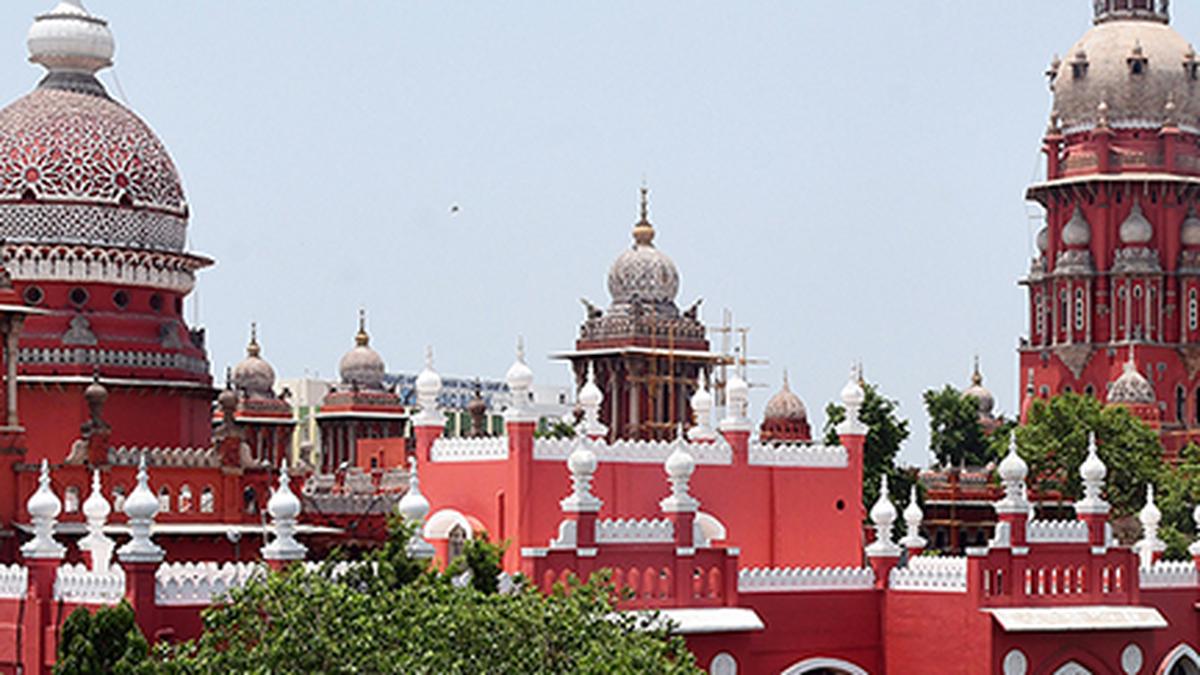
Ban on import and sale of “ferocious” dogs | Centre keeps its notification in abeyance
The Hindu
Union Ministry of Fisheries, Animal Husbandry and Dairying suspends ban on sale and breeding of certain "ferocious" dogs.
The Union Ministry of Fisheries, Animal Husbandry and Dairying has kept in abeyance its March 12, 2023 proceedings imposing a ban on the sale and breeding of certain dogs classified as “ferocious and dangerous for human life” besides insisting upon sterilization of such dogs already being kept as pets.
It was on March 12 this year that a Joint Secretary in the Department of Animal Husbandry and Dairying, under the Ministry, had written to Chief Secretaries of all States and Union Territories to ban the sale and breeding of certain dogs classified as “ferocious and dangerous for human life.”
The ban was imposed on Pitbull Terrier, Tosa Inu, American Staffordshire Terrier, Fila Brasileiro, Dogo Argentino, American Bulldog, Boerboel, Kangal, Central Asian Shepherd, Caucasian Shepherd, South Asian Shepherd, Tornjak, Sarplaninac, Japanese Tosa, Akita, Mastiffs (boerbulls), Rottweiler, Terriers, Rhodesian Ridgeback, Wolf dogs, Canario, Akbash, Moscow Guard, Cane Corso and every dog of the type commonly known as Bandog.
The letter stated that the ban was being imposed on the recommendations of an expert committee constituted pursuant to an order passed by the Delhi High Court in a public interest litigation petition. Pursuant to the letter, the Central Board of Indirect Taxes and Customs (CBIC) issued a notification on March 14 asking its officials to prevent the import of those dogs from other countries.
Several litigations were filed in the High Courts across the country challenging the ban and an interim stay was granted. The Kennel Club of India (KCI) approached the Madras High Court and obtained a stay of the letter as well as CBIC’s notification on the ground that the classification of the breeds as “ferocious” was absurd and that it was not consulted before taking such a major decision.
Following the court orders, the Department of Animal Husbandry and Dairying has now issued a public notice stating that its March 12 proceedings “shall not be enforced until further orders.” It has also invited comments in this regard from all stakeholders by June 1 and stated that the comments could be mailed to O.P. Choudhary, Joint Secretary, at jspf-dadf@nic.in

“Writing, in general, is a very solitary process,” says Yauvanika Chopra, Associate Director at The New India Foundation (NIF), which, earlier this year, announced the 12th edition of its NIF Book Fellowships for research and scholarship about Indian history after Independence. While authors, in general, are built for it, it can still get very lonely, says Chopra, pointing out that the fellowship’s community support is as valuable as the monetary benefits it offers. “There is a solid community of NIF fellows, trustees, language experts, jury members, all of whom are incredibly competent,” she says. “They really help make authors feel supported from manuscript to publication, so you never feel like you’re struggling through isolation.”

Several principals of government and private schools in Delhi on Tuesday said the Directorate of Education (DoE) circular from a day earlier, directing schools to conduct classes in ‘hybrid’ mode, had caused confusion regarding day-to-day operations as they did not know how many students would return to school from Wednesday and how would teachers instruct in two modes — online and in person — at once. The DoE circular on Monday had also stated that the option to “exercise online mode of education, wherever available, shall vest with the students and their guardians”. Several schoolteachers also expressed confusion regarding the DoE order. A government schoolteacher said he was unsure of how to cope with the resumption of physical classes, given that the order directing government offices to ensure that 50% of the employees work from home is still in place. On Monday, the Commission for Air Quality Management in the National Capital Region and Adjoining Areas (CAQM) had, on the orders of the Supreme Court, directed schools in Delhi-NCR to shift classes to the hybrid mode, following which the DoE had issued the circular. The court had urged the Centre’s pollution watchdog to consider restarting physical classes due to many students missing out on the mid-day meals and lacking the necessary means to attend classes online. The CAQM had, on November 20, asked schools in Delhi-NCR to shift to the online mode of teaching.









